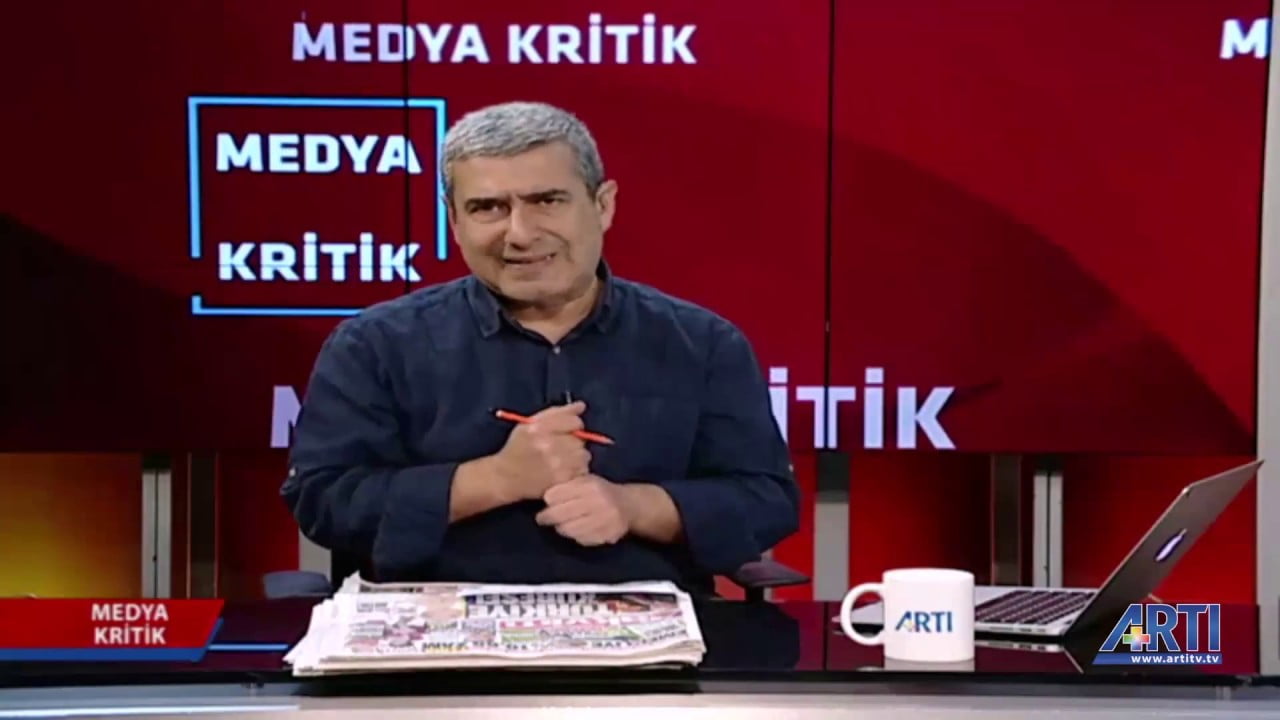
Interview with Turkish journalist, political scientist and publicist Musa Ozugurlu. In 2010, he started working as TRT Turk's representative in Syria. He is one of the few foreign journalists in Syria to follow the process, which began in 2011, on-site until 2016. He currently presents the weekly program “Media critical” where he interprets the media's approach to the internal and external agenda every weekday on plus TV, and “in the meantime” where the internal and external agenda is discussed.
1 - How would you describe the trilateral meeting between Rouhani, Putin and Erdogan in Ankara?
There’s no concrete result. The only concrete result is about the constitution but we can’t say it is a major success. Because a constitution is an internal matter, for Syria and Syrians. And in anyway it would be solved. But there are two big problems: Idlib and the Kurdish issue. Has Turkey agreed to retreat from Idlib and the other areas? For now no! But maybe later. Has Turkey agreed not to support the terrorist organizations? No. So that means there’s no progress about Idlib and this problem will continue between Turkey and Syria. On the other hand how the trilateral group will solve The Kurdish (YPG) problem? The USA is in the region and it will not retreat – at least for now. In that case Turkey cannot make any operation against the Kurds. Syria and Russia also want to solve the Kurdish problem but they want to solve it without a fight and they want to keep Syria’s territorial integrity. If Turkey intervenes the Americans and the Kurds will resist. So we can’t say there’s a concrete result in the main issues.
2 - What do you think about Israeli provocations in Lebanon and Syria?
Israel’s aggression to Syria and Lebanon is under two titles.
- In terms of domestic politics:
Netanyahu wants to keep his pressure on the voters that there is a big threat from Iran and Hizballah.
- In terms of foreign politics:
Israel and its western supporters know very well that the Resistance in the Middle East is growing. Everything they do does nothing but strengthen the resistance. So they are in panic.
So Israel wants war on the one hand but is afraid on the other hand. And as a result, Netanyahu just wants to make provocations. He knows very well if there’s a war Israel will lose against Hizballah and the resistance.
3 - After Idlib, the question arises about the so-called "Rojava", in your opinion how will the events develop between official Damask and SDF?
Damascus’ only requirement from the Kurds is to leave the US. After that Damascus can sit on the table. But the Kurds don’t trust Damascus because of the past. Syria's UN representative, Bashar Al Jafari, mention the Kurds as “terrorists” for the first time. That means there is a possibility of conflict/war between the Kurds and the Syrian army. On the other hand if Turkey, Syria, Iran and Russia can remove the US from Syrian soil, I think the Kurds will negotiate with Damascus. But it’s a small chance for now, and what will happen between the Kurds and Damascus is depend on USA’s stance – from one point.
4 - How real are Erdogan's plans to place Syrian refugees in the "safe zone"?
No reality. Because Syrians want to go back to their land. I mean they have properties in their cities they left. So why they accept to live in another place that they have never seen before? It’s nonsense! On the other hand if they accept to go to the safe zone will cause many big social problems. Because many of the Syrians in Turkey, now under the control of government, and they are against the Kurds and the Syrian government. Erdogan wants to place his human power there. This will be an Arab belt between Turkish and Syrian Kurds. So the Kurds will act against it and the Syrian government does not want this demographic change too. Syrian government wants its people to go back to their lands and homes and to return to the normal life. To add: Erdogan now wants to get rid of the Syrians. But at the same time he wants to use the Syrians as a tool against the Kurds and the Syrian government.
The interview was conducted by Damir Nazarov, a Russian journalist based in Moscow.





